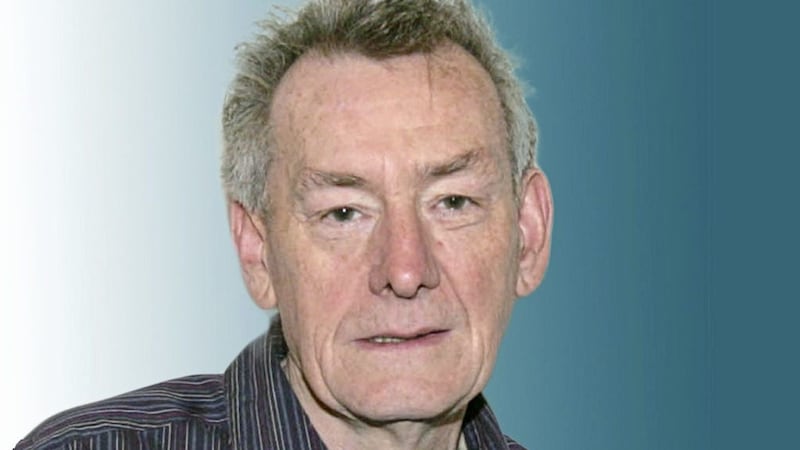There isn’t that much wrong with kicking the Pope. The wisecrack in our house, every July 12th, was that if the Pope hadn’t been there in the first place he wouldn’t have got kicked.
However, there is a lot wrong with narrow minds that are ignorant of history and ignorant that world religions have changed enormously when it comes to kicking the Pope.
The issue arises because this is the 500th anniversary of the Protestant Reformation as instigated by Martin Luther. There is presently a very interesting examination of the causes, the events and the consequences of the theological differences that led to the beginning of Protestantism. The level of discussion and analysis has been very informative and encouraging.
There is an extra edge to the discussions here in the north because of the probable visit of the Pope next year. As an aside, I think most Catholics will understand the political rational of the grandiose statement by Jeffrey Donaldson that most Protestants would welcome the Pope’s visit but, by god, how patronising can you get?
It might help if we stopped imagining the two religious traditions as monoliths opposing each other in fair or foul weather. Protestantism stopped being monolithic almost from the hour it began, way back in 1517. Fragmenting, dividing and subdividing before it even got out of the cradle – take a walk around the village of Ahoghill, up in County Antrim, if you want to see those divisions in full technicolour.
Globally, those Protestants who still carry the name and still worship in Lutheran Churches are around 80 million in number. Theologically, Lutheran churches cover the full gamut from very conservative to surprisingly liberal. In liturgy some of their churches have a strong emphasis on Holy Communion and refer to that sacrament as ‘the Mass’. Some of them have bishops and some don’t. There are tensions about sexual and gender issues. Some of them ordain women priests, some ordain people who are in same sex relations and provide blessings for same-sex couples. Some see those practices as completely unacceptable.
Internal relations are probably more strained than relations with Catholicism. One commentator put it best in observing that Protestants and Catholics are finally burying the hatchet with most agreeing that the hole is dug even if the hatches are not fully decommissioned.
At the Catholic end of the spectrum, the monolith might seem to be more intact. But you don’t have to dig too deep to detect the range of divisions and tensions within that church. A bit like the Nolan Show, numbers were always important. As long as Catholicism was the biggest show in the country, there was little need or energy for self-reflection. Disgruntled Catholics have little tradition of forming new churches – you won’t find 1st Catholic and 2nd Catholic around the corner. They just walk away and call back now and again for the big life and death occasions. It is said that in Dublin the numbers who practice have fallen to single percentages. One of the leading monks in the country has recently said that within a decade Catholicism, in Ireland, will be reduced to a sect.
It was the nature of faith that was at the core of Luther’s theology and the split that happened within Christianity. ‘Justification by faith alone’ was, simplistically, the issue that brought about the split. And yet five hundred years later most ordinary people and even the most learned in theology would be pushed to explained the differences between the churches.
And all the churches are being pushed into each other’s embrace as the world turns its back on religion and in the likelihood of life after death.
And yet faith is the seedbed of so much of today’s anxiety and division. Its absence results in so much vacuousness, loneliness and depression. Its fraudulent manifestation in fundamentalism and religious superiority, leads to division, hatred and violence. The churches, if they are to have a future, need to become the font of the search for a faith that is embedded in hope but conscious of the presence and the rightfulness of doubt.
Mature faith is likened to the man who jumps off a high cliff in the hope that there is someone at the bottom to catch him. But you just never know.









